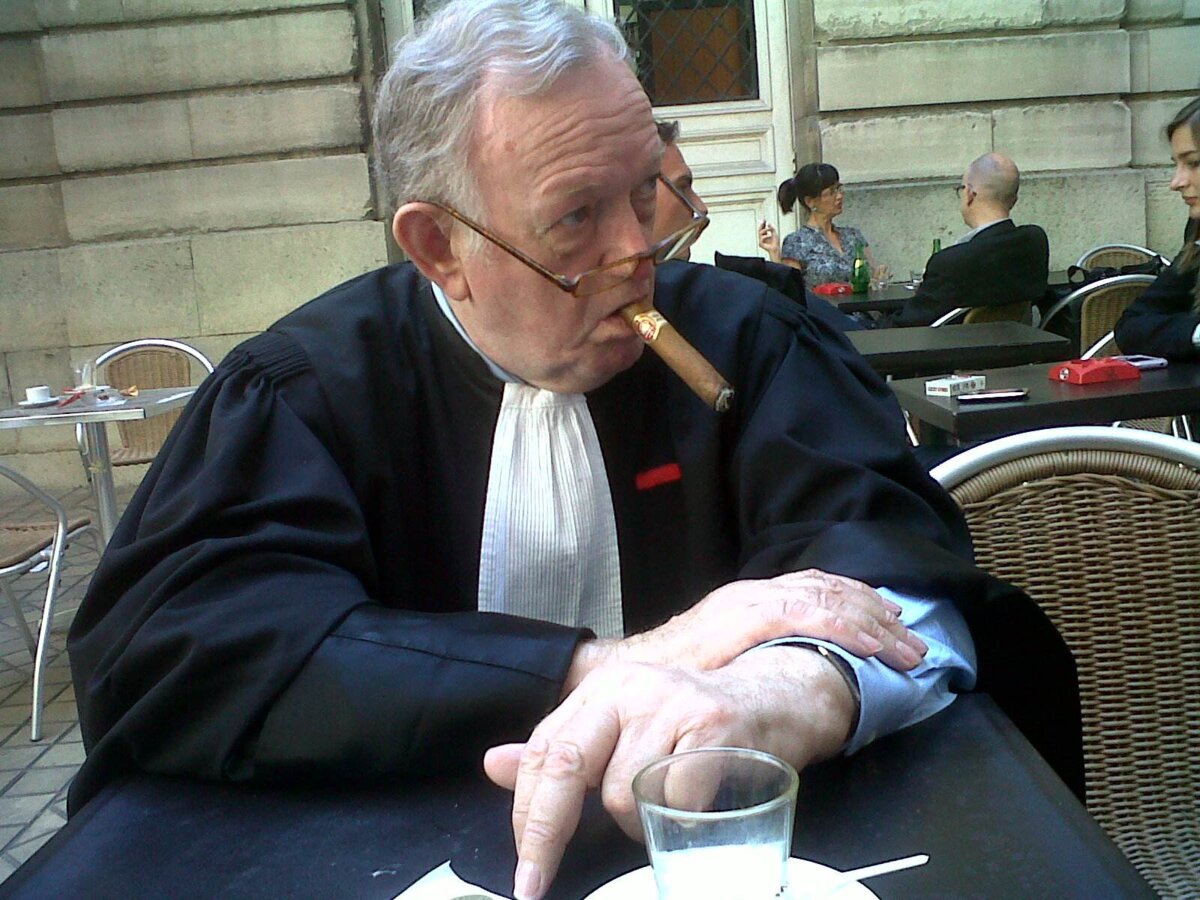It was still a secret, but Olivier Metzner's latest project was to restore a property in Malta and to go sailing in the Mediterranean. But those plans ended abruptly on Sunday morning when the celebrated French lawyer's body was found floating off the shore of the private island he owned in the Gulf of Morbihan in Brittany in west France. A note apparently indicating his intention to take his own life was found on him. He was 63.
Though a shock, the news of Metzner's death will not surprise those who were closest to him. Despite an exceptionally successful professional career, which earned the admiration or sometimes the jealousy of his colleagues, Olivier Metzner was a very solitary man and a very secret one. He was and remained an enigma.

Enlargement : Illustration 1

Metzner made his name as one of the most able and high-profile French criminal lawyers in the complex world of business criminal law, an area he specialised in from the late 1980s. He was a leading lawyer, for example, in the long-running Elf oil company scandal that dominated much of the late 1990s and early 2000s, and also the Vivendi scandal in the early 2000s.
Possessing a voracious appetitive for work, he gained the trust of several large corporate groups – for example the French telecommunications giant Bouygues - and several foreign banks. Yet despite the huge success of his legal practice, which was based in a magnificent building in rue de l'Université, between the National Assembly and the Ministry of Defence in the centre of Paris, Metzner was a free spirit, whose political sensibilities were to the left. He sometimes defended some unexpected clients.
He fought enthusiastically for the cause of the pop singer Bertrant Cantat, who beat his girlfriend, the French actress Marie Trintignant in an hotel room in Lithuania in 2003. She later died from her injuries. Likewise he defended the bank trader Jérôme Kerviel who was convicted for breach of trust and other offences after losing his bank Société Générale nearly 5 billion euros in rogue trades in 2008.
Metzner was well-liked by examining magistrates who specialise in financial cases, even though he was usually on the other side of the fence from them, as he preferred to have a constructive discussion with them over a case in hand rather than deliver a full-on attack. Those he would reserve for the courtroom, if required.
More recently the defence of former prime minister Dominique de Villepin in the highly-political Clearstream affair and of Françoise Meyers-Bettencourt in the Bettencourt affair (see links at the bottom of this article for more Mediapart stories on on this ) showed Metzner to be a lawyer willing to enter into the political arena and to confront bravely Nicolas Sarkozy's henchmen. That cost him some nauseating stories about his private life and some other unpleasant attacks, but the lawyer preferred to laugh them off.
Olivier Metzner came from a family of Protestant farmers in Normandy in west France and made his own way to Paris and a life in law, with no wealthy or influential sponsors. Metzner worked exceptionally hard and his first jobs were defending small-time gangsters and drug-dealers, a period in which he soon showed an exceptional aptitude for understanding the minutiae of the French criminal law system and how it worked. He was among the first lawyers of his generation to exploit those small procedural details and mistakes which often lurk in any criminal case and which, if worked on, could be used to his and his client's benefit.
Metzner, who could sometimes be abrupt, seem haughty or self-important, regularly smoked enormous cigars in his office or car, which he would relight on the sly in the waiting room at Paris' main court building the Palais de Justice. The costs included some severe coughing fits. “You have to die from something,” was his response if anyone commented on it.
Wanting to come across as gruff, almost antisocial, this confirmed bachelor was also passionate about sailing and loved the opera. He was also a man who was much more sensitive and fragile that he appeared.
-----------------------------------
English version by Michael Streeter


